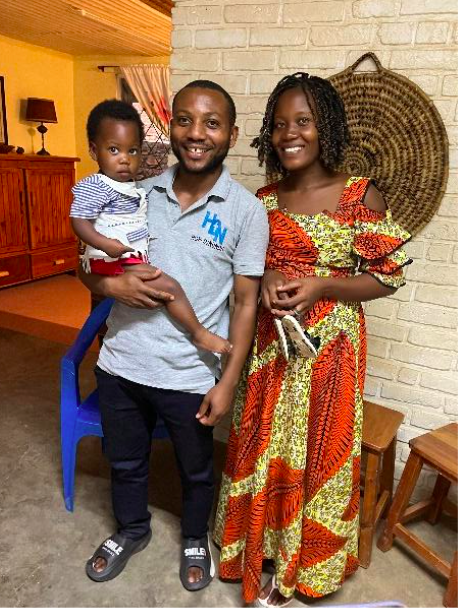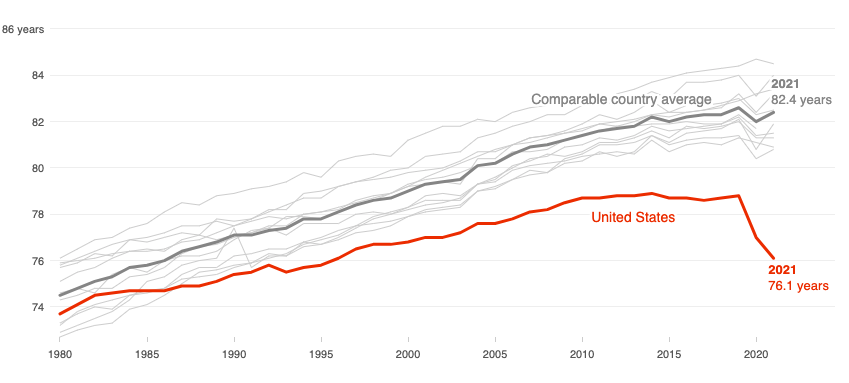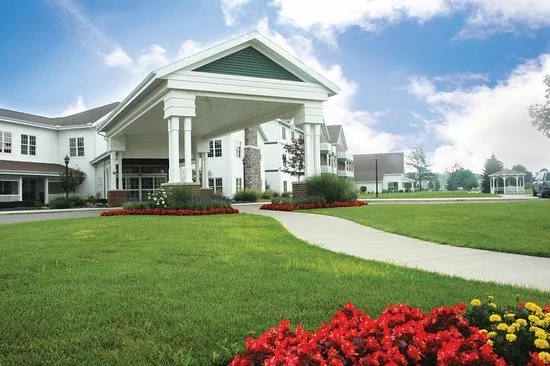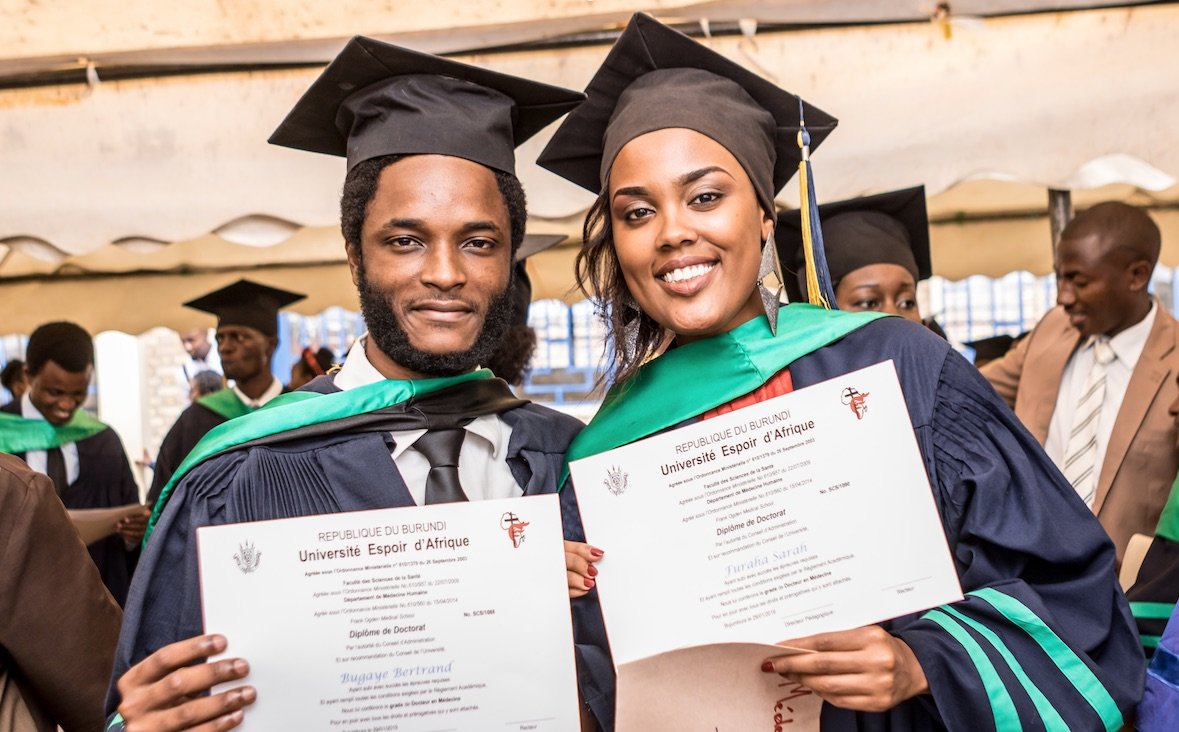We are thankful that three Kibogora Hospital chaplains and five chaplains/pastors from Nundu were able to attend an intensive week-long training conducted by the Chaplains Association of the Free Methodist Church in February. There were in all 19 chaplains/chaplain candidates from three countries (Rwanda, DR Congo, Burundi), four hospitals (Kibogora, Nundu, Kibuye, and Van Norman), Hope Africa University and the Nundu School of Nursing. The training was hosted by the Van Norman Clinic and HAU in Bujumbura, Burundi and funded by a grant from the Butterfield Foundation.
Attendees received training on many aspects of chaplaincy, including Biblical foundations of chaplaincy, grief and bereavement counseling, trauma-informed care, pastoral crisis counseling, and spiritual assessment and formation. The faculty traveled to Bujumbura, Burundi from Ireland and the US (Kentucky and California) with a variety of professional interests and experiences. Dr. Tim Porter and Rev. Patricia Porter, Co-Directors of the Free Methodist Chaplains Ministries USA, organized the curriculum and taught some classes including trauma-informed care. Dr. Meneely (PhD, Queens University chaplain from Belfast, Ireland – he is also a hospital chaplain) presented the theological section. Barbara Meneely (Registered Nurse (RN), Diploma of Higher Education Ulster University, Belfast) introduced issues related to hospital protocol and public health. Dr. Tony Headley from Asbury Seminary presented the emotional/mental aspects (Grief & Bereavement, Compassion Fatigue).
What were the outcomes of this chaplaincy training? Right after the classes were finished, the chaplains from the three different countries represented formed a very first chaplains association with all three countries represented! These same chaplain leaders and Dr.Tim Porter were interviewed on the HAU radio station which was broadcast to all three Central Africa countries. The Butterfield Foundation is planning to start a chaplaincy internship program right away at the Van Norman Clinic as well as some type of chaplaincy certification program at HAU. The participants from Kibogora plan to share what they learned with the other chaplains on staff at Kibogora Hospital and so enhance the chaplaincy services provided. Dr. Marx, Medical Director of Deaconess Nundu Hospital, welcomes the impact this training will have on the spiritual care of patients and their families. Rev. Patricia Porter reports, “I think the chaplains really benefitted from the whole person care concept. It has been a fruitful mission and I praise the Lord that it all came together! We praise the Lord for the faithful people of DR Congo, Burundi, and Rwanda and it was a privilege for us to be part of what God is doing in Africa.”
A VIRTUAL INTERVIEW WITH REV. PATRICIA PORTER
Thank you, Rev. Porter participating in the chaplaincy training provided at Hope Africa University. As I reflect on what you have accomplished, I have some questions which come to mind.
Q: How did you identify the need for training of chaplains at our hospitals in Central Africa?
A: Tim and I started envisioning international chaplaincy when the bishop from the Philippines inquired about chaplaincy at GC’19, which gave us an idea for a new initiative for FMCA to start international chaplaincy training in 2021. Although the mission did not materialize in Asia, a chaplain from Kibogora who had immigrated to the US told us about chaplaincy there. I contacted Julie Yerger, a former nurse at Kibogora, in March of 2022 and she put me in touch with Dr. Marx at Nundu and Dr. Glenn Snyder from Kibogora. Both Dr. Marx and Dr. Snyder indicated a need for chaplaincy training at Nundu and Kibogora.
Q: What brought your group together? Another way to ask the same question, how did you identify those of like mind?
A: In August ’22, Dierdre McCool (Executive Vice President of the Butterfield Foundation) and I started discussing her initiative to start spiritual care internship at Van Norman Clinic, with some concerns as to who would train the interns. Then Dierdre sent me the newsletter written by Bishop Bates regarding the chaplains at Kibuye, so I called Bishop Bates and he had me contact Dr. Meeney who had trained chaplains individually in Burundi and had been there four times already. We contacted Dr. Meeney and we decided to go as a team with Dierdre coordinating things in Africa and me putting a team together in the US. It was definitely Holy Spirit-driven as everything clicked into place and the team put together according to God’s will. Although we had two chaplains who could not go at the last moment, we were able to add recently retired professor from Asbury Seminary, Dr. Headley, to the team as he was willing to go with only a three-week notice!
Q: As you came together as a faculty, did you find that your different professional interests to be complementary?
A: It was a very complementary team as four of us were pastors, two were chaplains (university/hospital, military) and we also had medical experience (nurse & PT), and a university and a seminary professor.
Q: When and how did you identify HAU as being a partner in this training? How did the Butterfield Foundation join you in this program?
A: We decided that HAU (in Bujumbura, Burundi) would be a central location for all the hospital chaplains to convene since all four hospitals are in close proximity to one another (3-5 hrs). Butterfield assisted with meals, lodging, stipend, and travel for all the students, so they did not incur any expenses.
Q: What did you learn about the different hospitals represented? What are the plans for the future training?
A: We had (the participating) chaplains share new initiatives they were doing at their hospitals which were informative and innovative. One similarity that we observed was that all the hospital chaplains indicated that many patients ask them for monetary support which is not surprising given the economic conditions of these countries. It was heartwarming to hear how the hospitals are trying to assist patients not only with funds but with food, especially for the young! Tim and I were both brought on as board members of Butterfield to assist with their spiritual care initiatives and we found that Dierdre and we had the same dreams about international chaplaincy training!
Our future plans are continued presence in Africa to further train the chaplains in all four hospitals as well as starting chaplaincy internship programs. Van Norman will begin their internship program this March and Dierdre and I are already discussing possible internships at other hospitals if that is desired by their medical directors. We would also like to see a chaplaincy certification program at HAU and Kibogora Polytechnic in the future. We have been in discussions with FM colleges, universities, and seminaries regarding chaplaincy certification in the US as well.
Q: How can we join you in your mission?
A: At this point, what I would like to see is continued training in Africa and the formation of a chaplains association with a long-term goal of chaplaincy certification program at universities (in Central Africa). Another thought I had was that it would be great if we could have the lead chaplains from these hospitals come to the US for three months to do a unit of CPE at US hospitals. I will be checking to see if the hospitals require US citizenships or if they only need student visas for CPE internships. Both Tim and I have been inspired by the African chaplains who instantly became our brothers and sisters; their love for God and love for others in the midst of their own material needs is inspiring and amazing to say the least! No wonder 500,000 out of 1.5 million FM members overseas are in Burundi, Rwanda and DR Congo!
Blessings,
Patricia


















